Keeping the blood sugar levels in the optimum range is a full-time job for a diabetic patient, and it doesn't end even at night while you are asleep. However, many diabetic people don't know what should be their glucose levels in the nighttime, how to test them, and what to do if it is not in the ideal range.
Here is a complete guide about blood sugar levels at night.
What should Blood Sugar be at Bedtime?
Having optimal blood glucose levels at bedtime not only ensures a good night's sleep but also helps you perform better the following day. Experts recommend that your blood sugar level should be in an optimum range at bedtime:
For Normal People (non-diabetic)
The ideal range of blood sugar at bedtime for a non-diabetic patient is 100 to 140 mg/dl.
For Diabetics
If you are a type 1 or type 2 diabetes patient, your blood sugar levels at bedtime should fall between 90 to 150 mg/dl.
Why does Blood Sugar Drop at Night?
Fall of blood sugar levels during nighttime is quite a common problem, especially, among diabetic patients. Studies have found that almost 50% of all cases of low blood sugar and more than half of all the severe episodes of hypoglycemia occur at night during sleep[1]. This is something doctors regard as nocturnal hypoglycemia when your blood sugar levels fall below 70 mg/dl and is one of the major concerns among people with diabetes.
So why does blood sugar drop at night? There may be several reasons for that. The major ones are described below.
Too Much Basal Insulin
Diabetes patients need to take insulin to keep their blood sugar levels in check. However, too much basal (background) insulin in the body can cause their sugar levels to fall at night.
If you are frequently experiencing hypoglycemia at night in the absence of any obvious cause, it means that you are administering more insulin than your body needs. In such cases, you should consult your doctor and reconsider the daily dosage of your insulin.
Skipped Meal
The number of daily required insulin units in diabetes patients has been carefully calculated by taking into account the body metabolic requirement and food intake. Skipping a meal, especially dinner, alters this balance as more insulin will now be available to breakdown lesser amounts of glucose in blood. This results in the drop of blood sugar at night.
Exercise before Bedtime
Exercise increases insulin sensitivity and utilization of glucose by the body. Research has shown that diabetes patients, who are on extrinsic insulin, when having a more active day than usual or do exercise close to bedtime, are more at risk of developing nighttime hypoglycemia[2].
Alcohol Consumption in the Evening
Our liver plays an important role in blood glucose regulation. It contains a stored form of glucose, known as glycogen. Throughout the day, the liver steadily converts glycogen into glucose and releases it into the blood.
When we drink alcohol, the ability of the liver to release glucose in the blood gets impaired for several hours[3]. That's why people who consume alcohol in the evening and do not take additional carbohydrates before going to bed, often experience a dip in blood sugar levels at night[4].
Symptoms of Low Blood Sugar At Night
Low blood sugar at night often presents with the following symptoms that are usually noticed by your partner, roommate, or family members.
- Hot, clammy, or sweaty skin
- Restlessness
- Irritable sleep
- Sudden changes in breathing rate i.e. breathing becomes fast or slow all of sudden
- Tachycardia (racing heart rate)
- Shaking or trembling
- Nightmares, sometimes, cause the person to wake up from sleep – etc

If somehow, you sleep through the low blood sugar state, you may observe the following symptoms when you wake up:
- Headache
- Confusion
- Damp bed sheets or clothes as signs of sweating
- Feeling of tiredness during the whole day
- Sleep disturbances – etc[5][6][7]
Having good knowledge about the symptoms of hypoglycemia at night is very important both for you and your partner because the condition is potentially dangerous, and may require early recognition and urgent medical consultation or intervention.
How to Prevent Low Blood Sugar Overnight?
Nocturnal hypoglycemia, or low blood sugar at night, is a potentially dangerous condition. The good thing is that you can prevent this condition.
Check blood sugar before going to bed
Checking your blood sugar before going to bed is very important as it predicts whether you will have an episode of hypoglycemia during the night, or not. Experts advise that if your blood sugar at bedtime is below the recommended levels, you should eat a healthy snack before going to sleep as it will prevent nighttime hypoglycemia.
Don't skip dinners
The last meal of your day holds immense importance as it is the source of glucose for your body for the whole night during sleep. As said earlier, skipping dinners is one of the common causes of low blood sugar at night. Therefore, you should stick to your regular meals and eat a well-balanced dinner at night, especially, if you are a diabetes patient and taking insulin or other diabetic medications.
Avoid late night exercises
Mild regular exercises, like going for a walk after dinner, are acceptable as it helps in the digestion of the food. However, you should avoid doing strenuous workouts at least 2 hours before bedtime as it consumes your blood glucose and can potentiate nighttime hypoglycemia.
Reduce alcohol intake at night
Avoid consumption of alcohol in the last part of your day. However, if you do have a drink in the evening, try to eat something after that as it will minimize the chances of low blood sugar at night.
Modify your Daily Insulin Dosage
Sometimes, you are taking too much insulin than your body requires. So, if low blood sugar at night is a common problem for you, you should talk to your consultant and adjust the daily dosage of insulin.
Be Prepared to Manage Hypoglycemia
Managing nocturnal hypoglycemia is very much similar to managing low blood sugar in the daytime; however, you and your partner must be able to recognize the signs of nighttime hypoglycemia.
If you often experience symptoms of low blood sugar at night, keep something sweet, like juice or candy, at your bedside, so that when you wake up with such symptoms, you can treat hypoglycemia right away without getting out of bed.
The same is the case with your roommate or your partner. He/she must be vigilant about the signs and symptoms and must be ready to intervene or call for help if the condition is severe.
An emergency glucagon kit should be used if the person is not waking up. This contains a rapid-acting medication that can be injected to bring the sugar levels back to normal.

How to do a Test before Sleep?
You can check your blood sugar levels at home before sleep by finger stick method using Sinocare Blood Sugar Testing Kit. The kit comprises code-free strips, lancets, a pain-free lancing device, a case, and Sinocare Safe-Accu Blood Glucose Monitor.
This highly affordable blood sugar testing kit uses advanced code-free test strips that require only 0.6 microlitres of blood sample and give accurate blood sugar readings within 10 seconds. So, you can expect quick results with much less bleeding and pain than the ordinary glucose meter.
Besides, its Sinocare Safe-Accu Blood Glucose Monitoring System has a large memory capacity and records each measurement against the time of testing. It can display your data for up to 28 days, and you can easily track the changes in your blood sugar over time.
How often should I check my blood glucose at night?
The most essential thing you can do to stabilize your blood sugar level overnight is to monitor your glucose levels. In general, people having diabetes are recommended to check their sugar levels:
- At bedtime
- During the night between midnight and 3 am
- On waking up
In case you are at risk of nighttime hypoglycemia or are experiencing an episode of low blood sugar at night, it is advised to have something sweet and check your glucose levels after every few hours.
Diabetic people can also use Continuous Glucose Monitoring to prevent any hypo- or hyperglycemic emergencies overnight. A sensory device is placed on the skin which records blood sugar levels after every few minutes and sends data wirelessly to a smartphone. An alarm will go off if your blood sugar rises or drop too quickly beyond the normal limits.
What to do if Your Blood Sugar Is High at Bedtime?
So far we have discussed everything about low blood sugar at night. What if your blood sugar levels are high at bedtime?
What are its Causes?
Several things can increase your sugar levels at bedtime. For instance:
- Eating a carbohydrate-rich meal for dinner
- Lack of exercise
- Insufficient insulin or diabetes medication
- Stress – It causes the body to secrete cortisol hormone which in turn decreases insulin sensitivity. Cells are unable to utilize glucose. As a result, glucose gets accumulated in your bloodstream and raises the sugar levels[8].
- Illness, infection, or injury – In response to trauma, our body goes into hypermetabolic state and spikes glucose levels in the blood[9].
What are the Signs and Symptoms?
You may experience the following symptoms if your blood sugar levels are peaking at bedtime:
- Extreme thirst and dry mouth
- Frequent urination
- Nausea
- Vomiting
- Poor sleep
- Confusion
- Headache
- Weakness or fatigue
- Blurry vision
- Shortness of breath - etc
What to do Right Away?
Drink enough to avoid dehydration due to excessive and frequent urination. If you are blood glucose levels at bedtime are too high, the quickest and most effective way to bring it down is by administering fast-acting insulin as per prescription. You can also do exercise (not recommender in all cases). However, it is advised to call your doctor if you are having the symptoms of hyperglycemia and the sugar levels are persistently raised despite insulin or diabetic medication.
How to Prevent High Blood Sugar at Bedtime?
Prevention is all about avoiding the causative factors. So, to avoid high blood sugar levels at bedtime, you should:
- Take the right dosage of insulin or diabetic medications at the right time
- Don't overeat or consume sugary foods close to bedtime
- Do moderate exercise regularly
- Manage your stress levels – etc
Tips to Stabilize Blood Sugar at Night
Here are some tips to stabilize and keep your blood sugar levels in the optimum range during the nighttime:
- Check your blood sugar levels at bedtime. It should be in the range of 90 to 150 mg/dl if you are a type1 or 2 diabetes patient.
- Take your insulin and medications regularly.
- Don't skip your meals and take a balanced diet. You should not overeat either.
- Eat bedtime snacks rich in proteins and healthy fats but low in carbs. This will keep your sugar levels from fluctuating during the night while you are asleep.
- Make exercise a part of your daily routine but don't do strenuous workouts close to bedtime.
- Avoid stimulants and alcohol before going to bed.
Final Thoughts
Diabetes patients should be vigilant about their blood sugar levels at bedtime as it is not only important for a sound sleep but also stabilizes your glucose throughout the night and help you perform better in the morning. There are various causes of why your sugar levels are peaking or dropping at night time but you can prevent that from happening by taking care of your meals, medicines, and lifestyle habits.
References:
[1] Allen KV, Frier BM. Nocturnal hypoglycemia: clinical manifestations and therapeutic strategies toward prevention. Endocrine Practice. 2003 Nov 1;9(6):530-43.
[2] Campbell MD, Walker M, Trenell MI, Stevenson EJ, Turner D, Bracken RM, Shaw JA, West DJ. A low–glycemic index meal and bedtime snack prevents postprandial hyperglycemia and associated rises in inflammatory markers, providing protection from early but not late nocturnal hypoglycemia following evening exercise in type 1 diabetes. Diabetes care. 2014 Jul 1;37(7):1845-53.
[3] Brand-Miller JC, Fatima K, Middlemiss C, Bare M, Liu V, Atkinson F, Petocz P. Effect of alcoholic beverages on postprandial glycemia and insulinemia in lean, young, healthy adults. The American journal of clinical nutrition. 2007 Jun 1;85(6):1545-51.
[4] Alcohol and Hypoglycemia [Internet]. Diabetes. 2022 [cited 14 May 2022]. Available from: https://www.diabetes.co.uk/alcohol-and-hypoglycemia.html
[5] Allen KV, Frier BM. Nocturnal hypoglycemia: clinical manifestations and therapeutic strategies toward prevention. Endocrine Practice. 2003 Nov 1;9(6):530-43.
[6] Brunton SA. Nocturnal hypoglycemia: answering the challenge with long-acting insulin analogs. Medscape General Medicine. 2007;9(2):38.
[7] Lovering C. Nocturnal Hypoglycemia: Causes and More [Internet]. Healthline. 2021 [cited 17 May 2022]. Available from: https://www.healthline.com/health/type-1-diabetes/avoid-nocturnal-hypoglycemia#symptoms
[8]Kamba A, Daimon M, Murakami H, Otaka H, Matsuki K, Sato E, Tanabe J, Takayasu S, Matsuhashi Y, Yanagimachi M, Terui K. Association between higher serum cortisol levels and decreased insulin secretion in a general population. PLoS One. 2016 Nov 18;11(11):e0166077.
[9]Marik PE, Bellomo R. Stress hyperglycemia: an essential survival response!. Critical care. 2013 Apr;17(2):1-7.


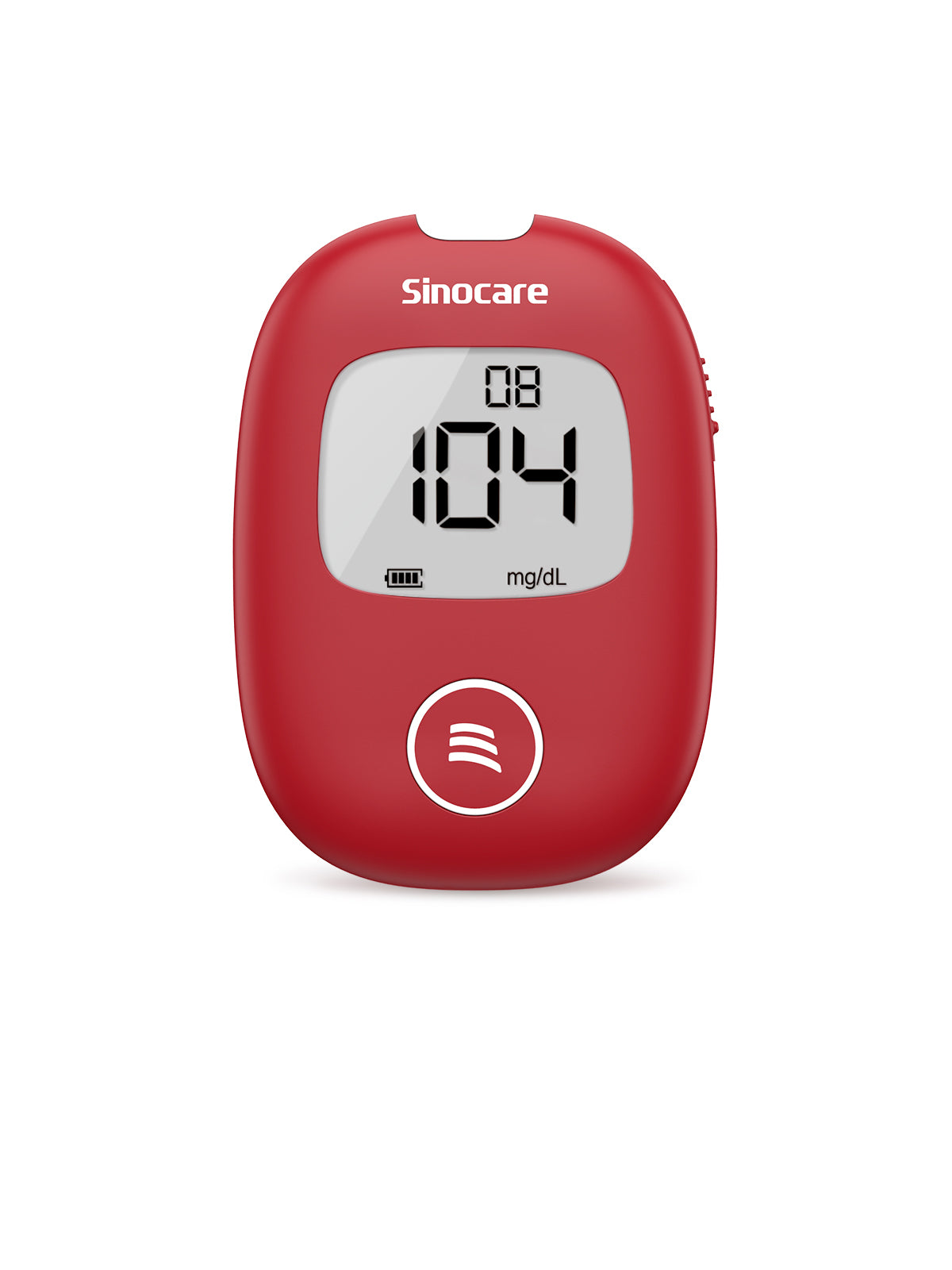
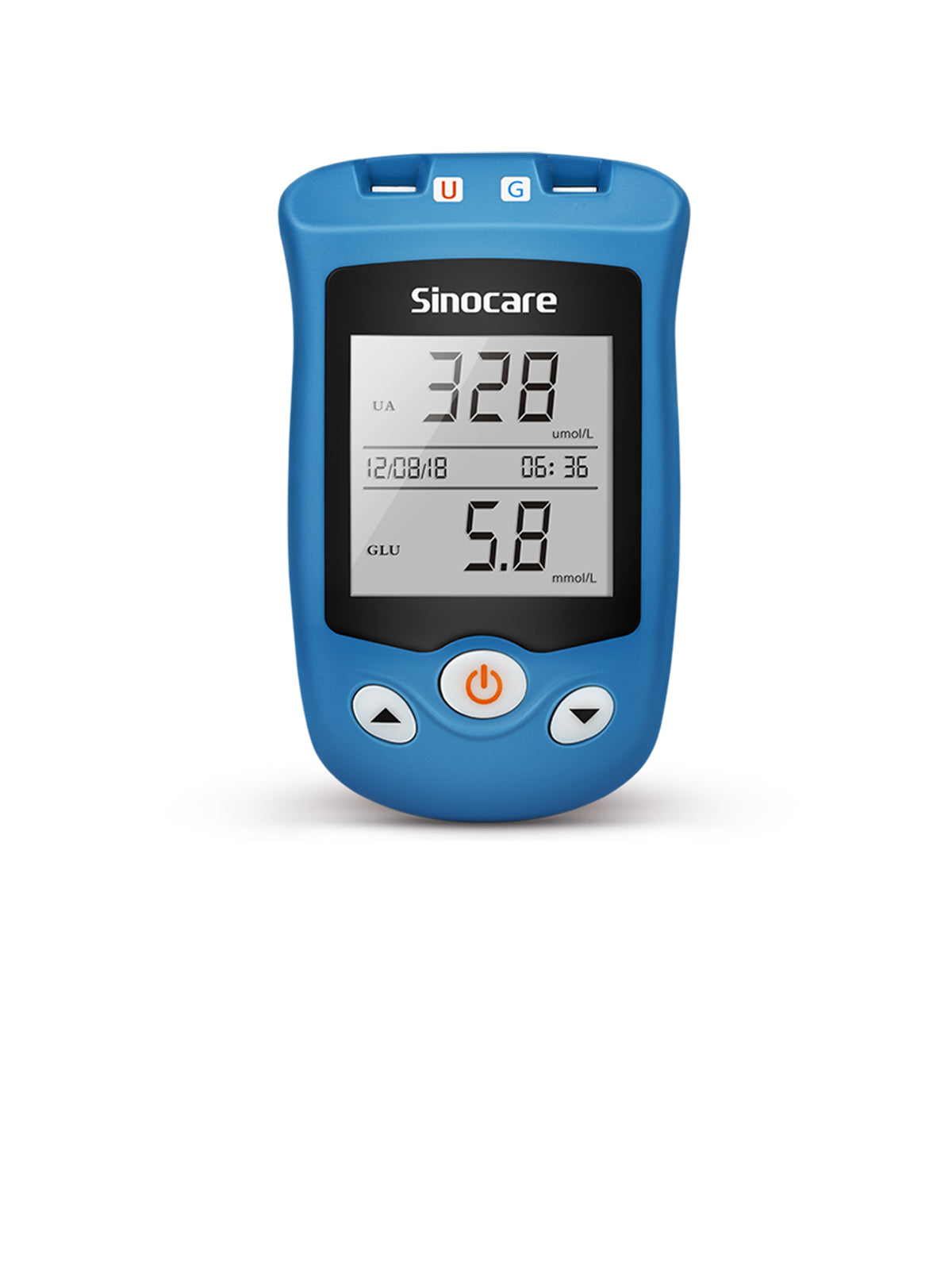
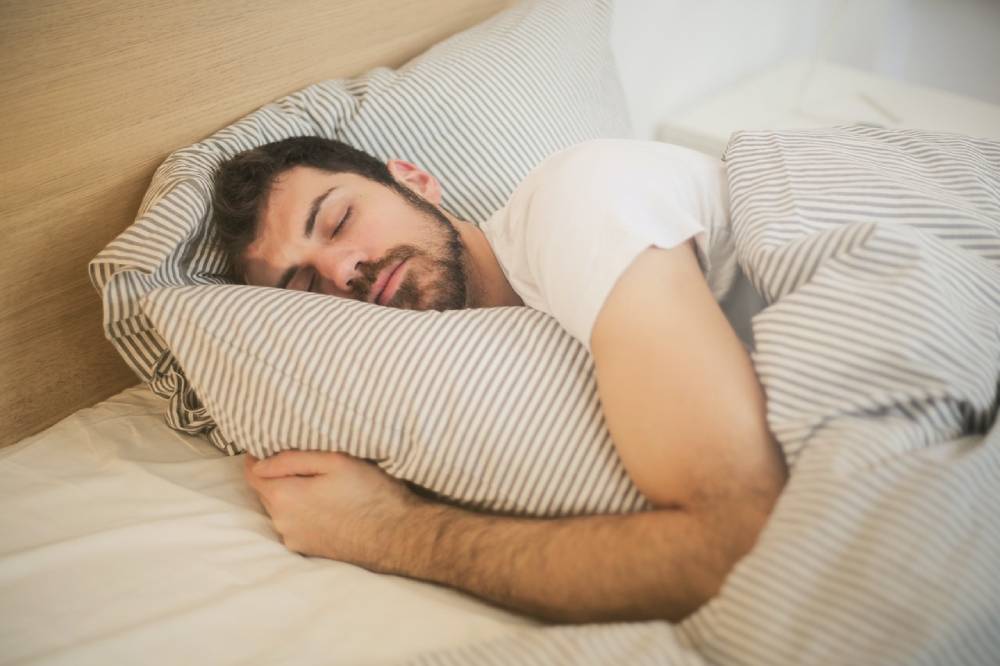
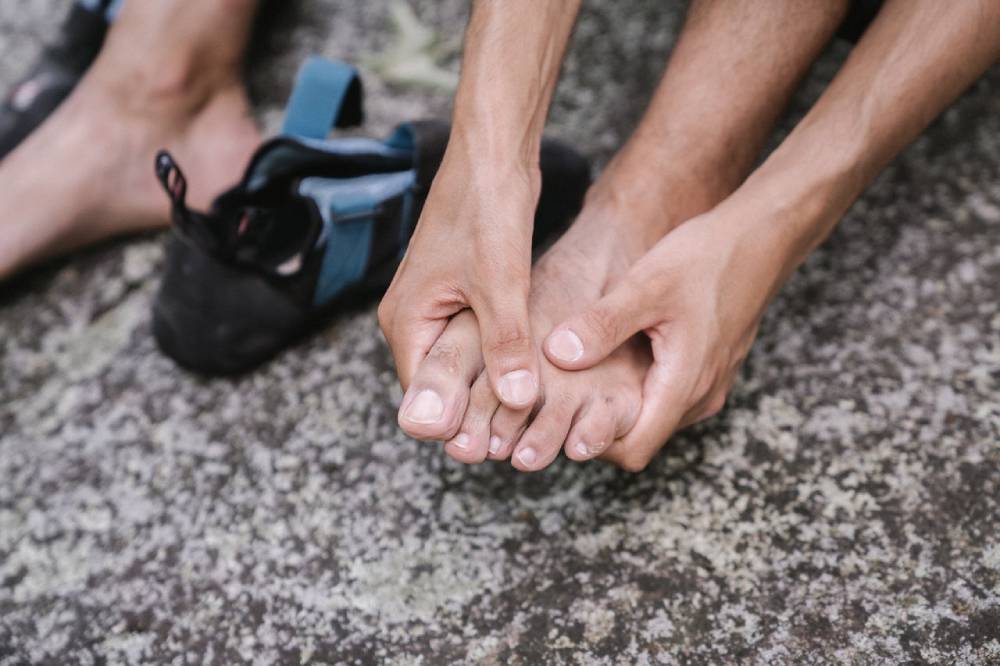
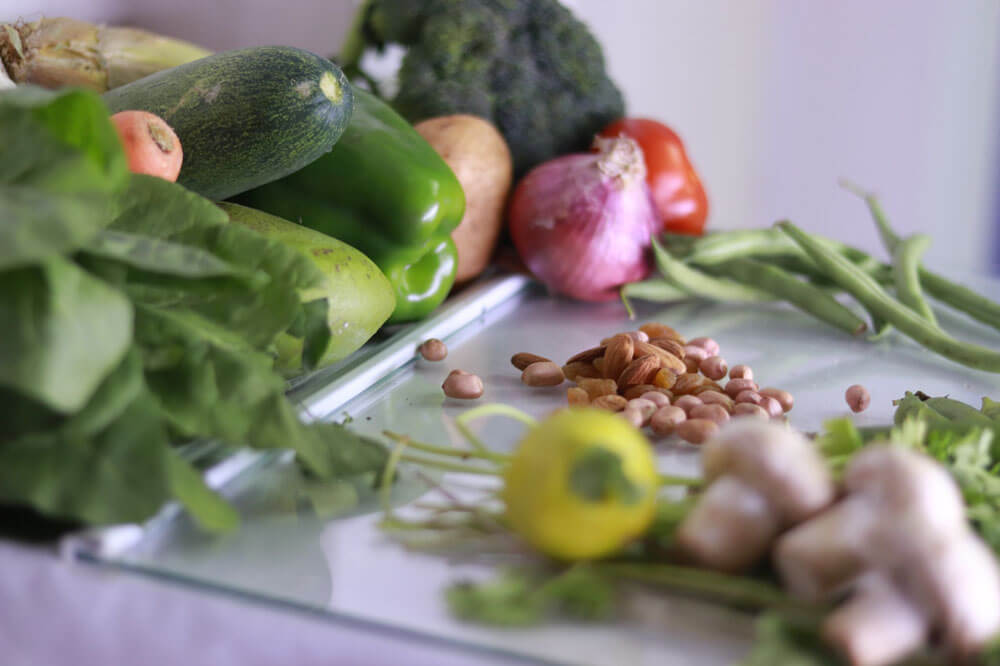



Leave a comment
All comments are moderated before being published.
This site is protected by hCaptcha and the hCaptcha Privacy Policy and Terms of Service apply.